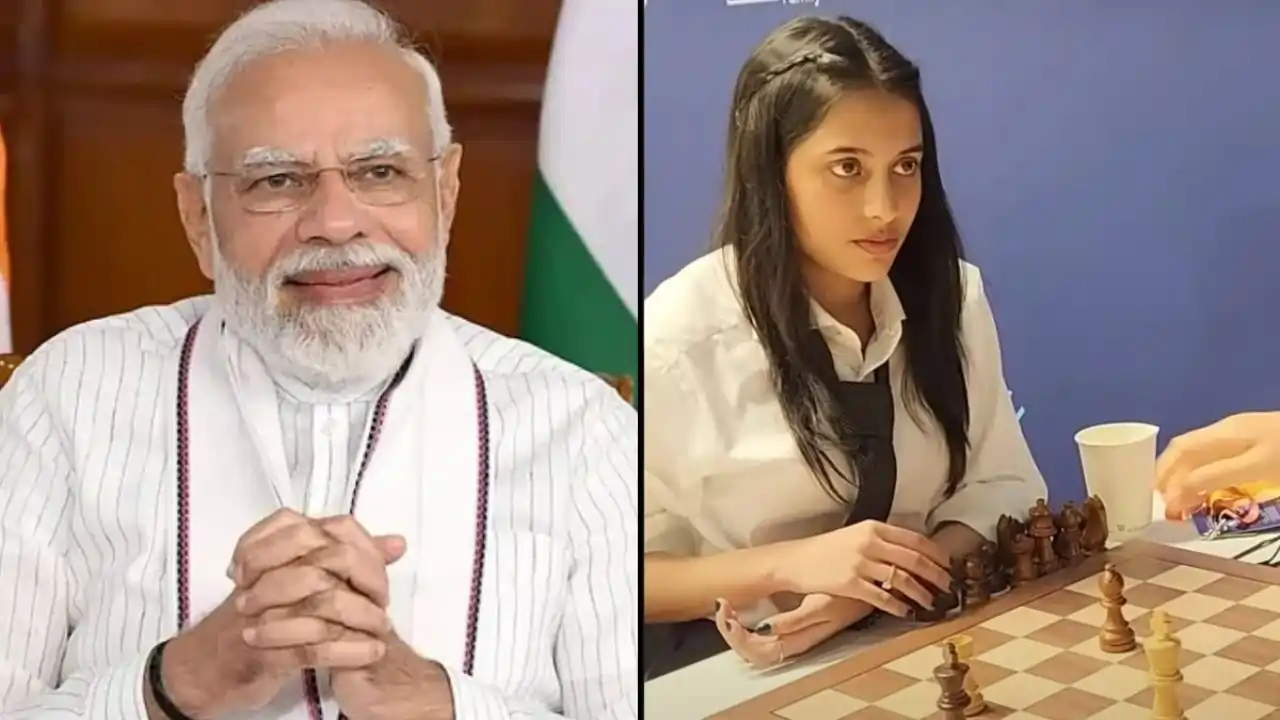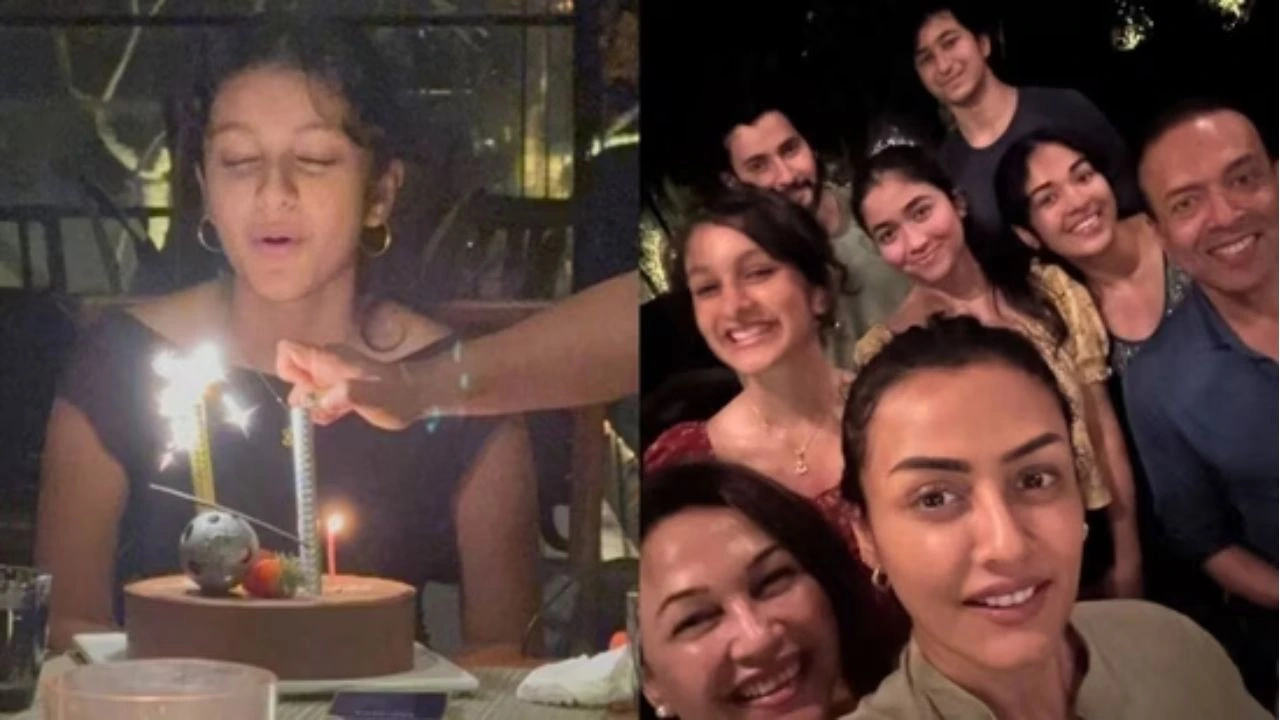
India at the Champions Trophy: Virender Sehwag's Explosive Performance Against England Transforms Match into One-Sided Contest
5 months ago | 5 Views
The ICC KnockOut Trophy experienced significant evolution, expanding from eight teams in its inaugural edition to eleven in the second. By the time of its third iteration in 2002, the tournament transformed from a straightforward knockout format to a league-cum-knockout structure, featuring twelve teams. This edition was renamed the ICC Champions Trophy, with Sri Lanka serving as the host nation.
The participating teams were organized into four groups of three, with the top team from each group advancing to the semifinals. India found itself in a group alongside Zimbabwe and England, which was not considered particularly challenging. However, in their opening match of Pool 2, India faced a tough contest against Zimbabwe, who, led by a remarkable 145 from captain Andy Flower, came within 14 runs of India's total of 288 for six before their innings concluded.
England, having defeated Zimbabwe by 108 runs, set the stage for a crucial match against India, reminiscent of their recent encounter in the NatWest Trophy final at Lord’s just two months earlier. In that match, India successfully chased down England’s score of 325 for five, thanks to a remarkable sixth-wicket partnership of 121 runs between Yuvraj Singh and Mohammad Kaif, which added an element of revenge for England as they prepared for the clash at R Premadasa Stadium on 22 September 2002.
During the tournament, the batting conditions at the Premadasa Stadium were generally advantageous in the initial phases but deteriorated under the lights. As a result, England likely felt assured with a score of 269 for seven after Nasser Hussain opted to bat first. Despite a commendable 50 from opener Nick Knight and valuable contributions from Ronnie Irani and Owais Shah, England found themselves in a challenging situation at 153 for five at the start of the 34th over, when an unexpected player stepped up to provide essential support.
Blackwell, a versatile player hailing from Somerset, made his debut in the ODI squad, acknowledged for his dynamic left-handed batting and his unassuming left-arm spin. In only his second match, he executed a counter-attack with both style and assurance, blending the boldness typical of a 23-year-old with the discerning shot selection of a seasoned athlete. Alongside the experienced Alec Stewart, he established a partnership of 104 runs for the sixth wicket, taking charge of the stand by scoring 82 runs off just 68 balls, which included six boundaries and three remarkable sixes.
Out of the eight preceding matches in the tournament, six had been claimed by the team that set the target, instilling a sense of quiet confidence in England as they readied themselves to defend their score. However, their optimism was fleeting, lasting merely five overs—the time it took for Virender Sehwag to acclimatize. The aggressive opener from Delhi had cherished memories of 50-over cricket in Colombo, having recorded his first of 15 ODI centuries at the nearby SSC ground in August 2001, where he achieved 100 runs off 70 balls against New Zealand.
Emulating that brilliance, Sehwag dismantled England's bowling attack from the moment he struck two boundaries in the sixth over bowled by Matthew Hoggard. From that juncture, the match became decidedly one-sided. While Ganguly was no stranger to success at the top of the ODI batting order, he seemed almost lethargic in contrast as Sehwag unleashed his full might. No bowler could rein him in, and every corner of the ground bore witness to his explosive batting exhibition as he delivered a masterclass.
Sehwag's dominance was such that he reached his century in just the 22nd over, off 77 balls, featuring 16 fours and a six. The extent of his control over the first-wicket partnership is underscored by the fact that when he achieved three figures, Ganguly had only managed 33 runs, and upon his dismissal—when he drilled the ball back to Blackwell for 126—his captain had accumulated a respectable 54 runs off 72 deliveries.
Ganguly slams century, too
The initial onslaught of 192 runs, achieved in just 172 deliveries, effectively resolved the contest. Sehwag's explosive innings of 104 balls turned what could have been an exciting match into an overwhelmingly one-sided affair, and even VVS Laxman's run out, a result of Ganguly's oversight, did little to diminish the spirits within the Indian team. England's brief celebration following Laxman's dismissal quickly faded upon witnessing Sachin Tendulkar's entrance at No. 4; Ganguly accelerated his scoring, moving from 57 runs off 80 balls at Laxman's exit to 100 runs off 103 deliveries.
India secured victory by eight wickets, with 63 balls remaining. A decisive triumph, indeed.
Brief scores: England: 269/7 in 50 overs (Nick Knight 50, Ronnie Irani 37, Owais Shah 34, Ian Blackwell 82, Alec Stewart 35; Ashish Nehra 2-49, Anil Kumble 2-58) lost to India: 271/2 in 39.3 overs (Virender Sehwag 126, Sourav Ganguly 117 not out) by eight wickets. Player of the Match: Virender Sehwag.



















